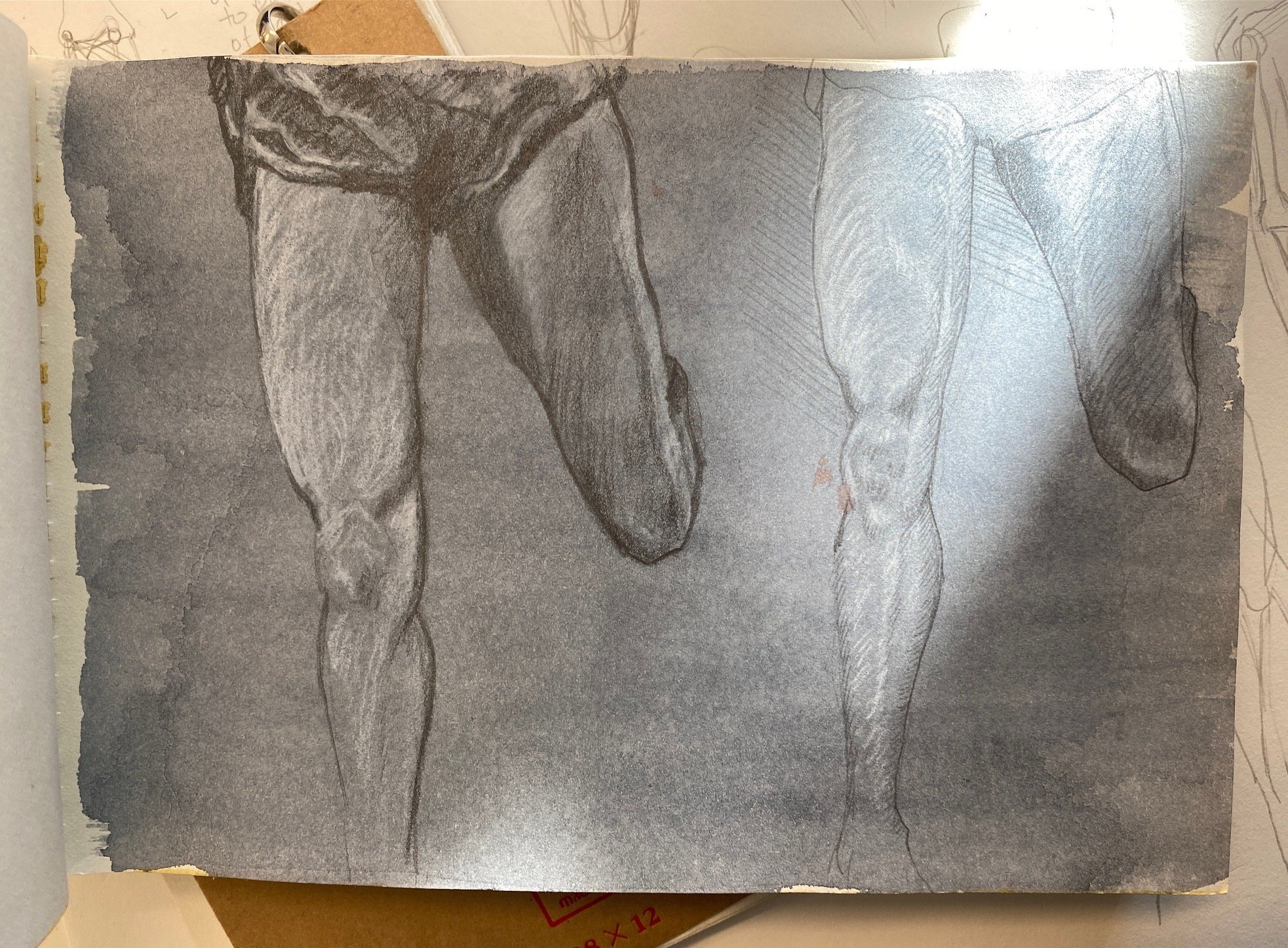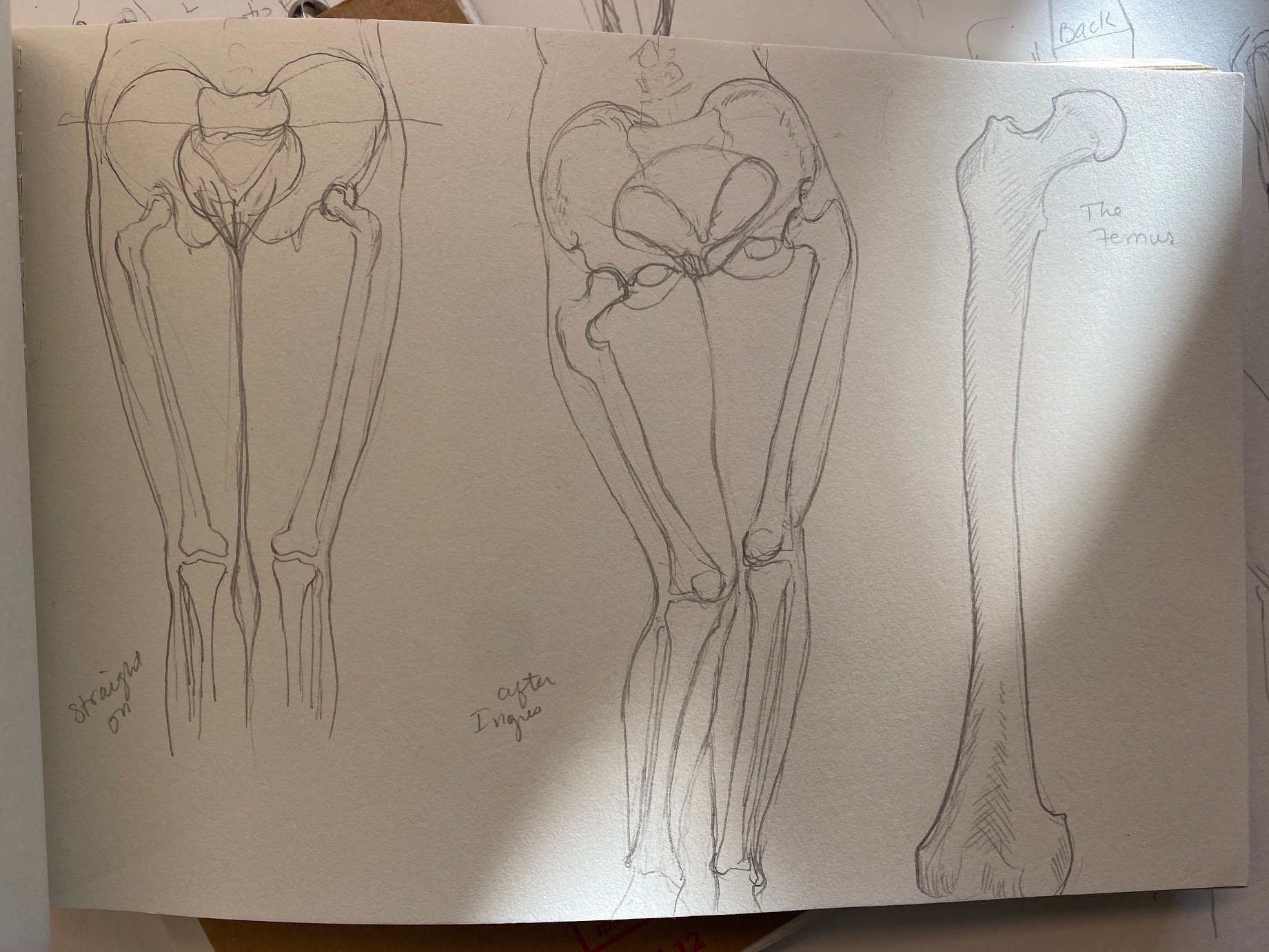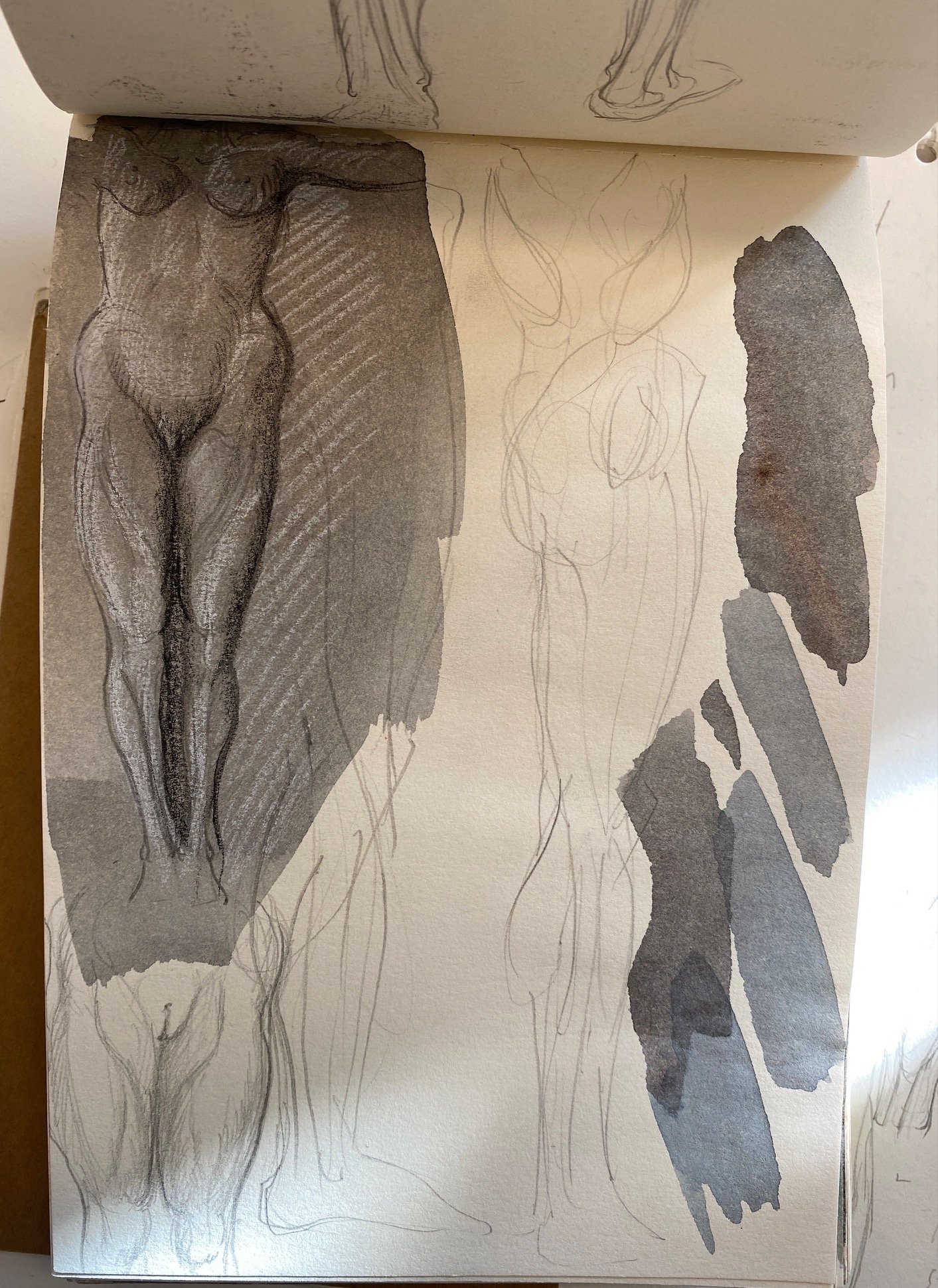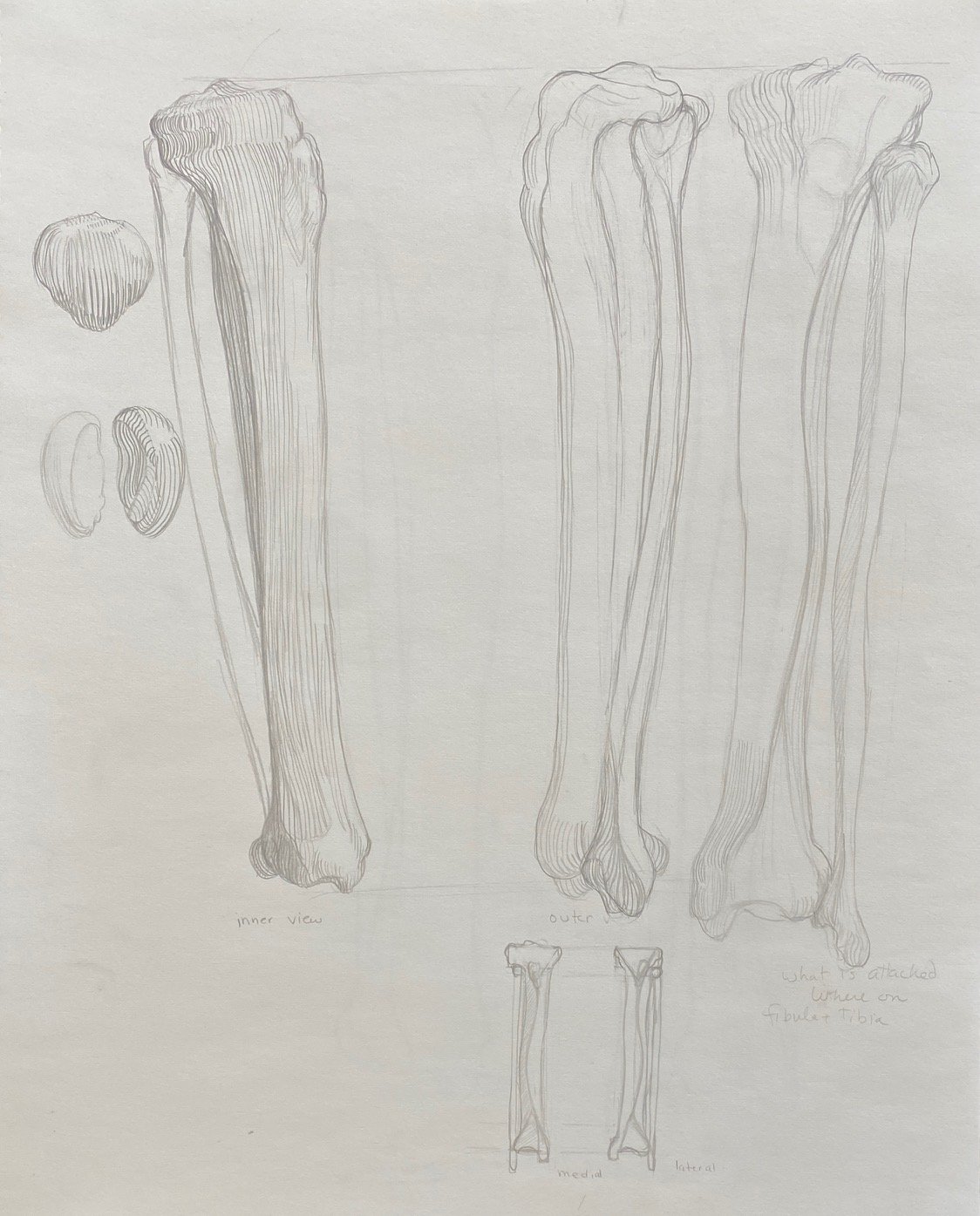Mazer Archives December 2022 Newsletter | Out of the Archives: Christy Amschler
The personal collections at the Mazer are intimate portraits of lesbian lives at a specific time and place. You, the reader, can come to the archives, explore our collections, see names on our shelves, become curious and decide to open a collection and dive deeply into someone else's life. But, what can’t be found as you sift through a collection, is the story of how the archives acquired that collection. I often think about researchers a hundred years from now going through the Mazer’s collections. These researchers, I imagine, will use our collections to answer questions about what life was like for us lesbians, at different times in history: What we did socially, what our personal lives were like, what we did for work, who we loved–all reflected in photographs, journals and more. However, some pieces to the individual stories we preserve, will never be answered for such researchers.


Thus, I am shedding light on Christy Amschler’s collection, in order to share the story of what is NOT told in her collection--parts of her story that continue to impact me. Amschler was a painter. One of the sketch pads in her collection includes page-after-page of a human femur bone. There’s evidence that she dabbled in photography while in art school. A series of self-portraits depicts a young Amschler in her twenties. Her self-portraits stare back at me with a soft yet penetrating gaze as though she’s asking me a question. And I’m inspired to answer her.
Amschler died quite young, of cancer. She was 47 years old. And here is where the story begins of how the Mazer acquired her collection. Towards the end of her life, Amschler’s interactions with people were mostly through social media. She was estranged from her family and she did not have friends that she met with regularly. In fact, the friend who helped organize and pack Amschler’s things after her death was a Facebook friend. They had never met in person.
I know that social media has afforded many an alternate form of socializing and maybe one day, the fact that friendships can exist solely through social media, will be a common experience for many. But for me, at this moment, I am deeply moved by this act of friendship. It was this friend who looked for an archive for Amschler’s collection. She first reached out to the The Bay Area Lesbian Archives, and they did not have the space. Her friend then contacted the Mazer asking us if we were willing to house her collection. And we were.
The story of how we acquired Amschler’s collection speaks to the importance of community in the lives of lesbians. Christy Amschler was part of the lesbian community, including those members she had never met in person. And this is what our community does and has always done--we take care of each other.




